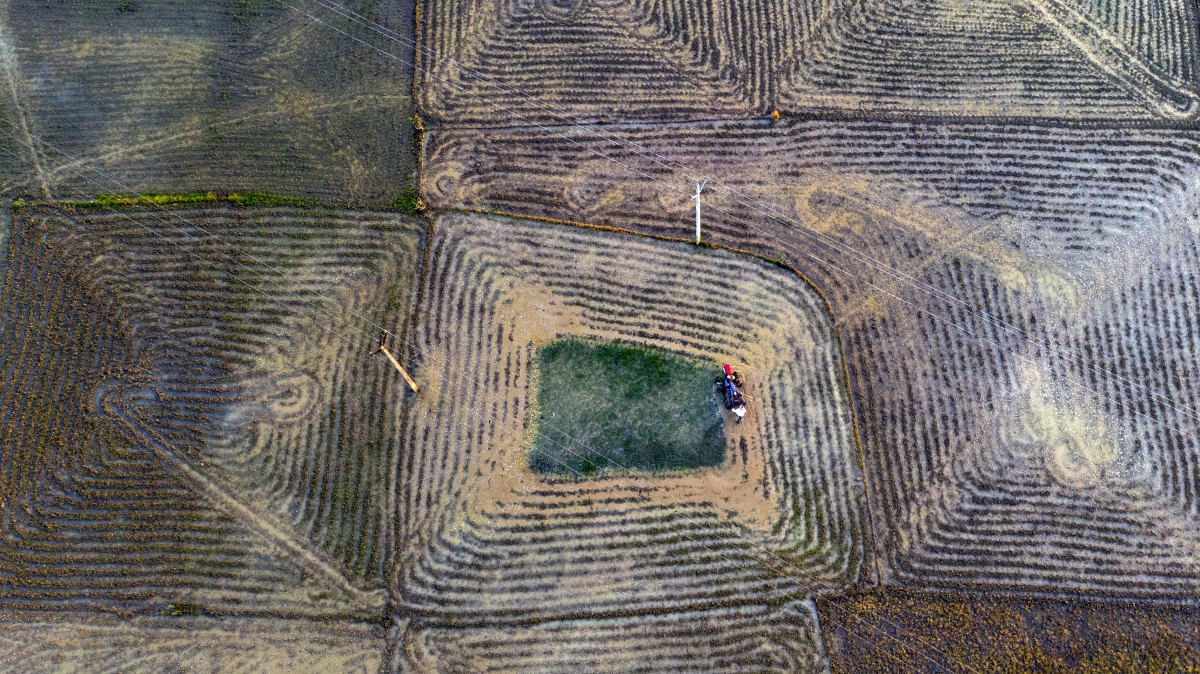Three Challenges That Need to be Managed to Make Net Zero Emissions a Reality in India
Economic Times

August 25, 2022 by Kevin Rudd, Ban Ki-moon, and Arvind Panagariya
The following is an excerpt of Kevin Rudd, Ban Ki-moon, and Arvind Panagariya's op-ed originally published in the Economic Times.
India's decision last year to step up its climate action and commit to net-zero emissions took the world by surprise. But it is also squarely in the country's own interest. And should the Narendra Modi government enhance its climate leadership in the coming years, these benefits could be maximized for the Indian people.
India now aims to reduce the emissions intensity of its economy by 45% by 2030 and reach net zero by 2070. Driving near-term reductions in India will be a shift to 50% non-fossil power generation capacity by 2030, including the build-out of 500 GW of non-fossil sources. These are welcome initiatives.
How India chooses to act on climate is a very big deal. If the world's third-largest polluter drops all 'ifs', 'ands', 'buts' and — despite its low per-capita income — wholeheartedly joins the global effort to save the only planet we have, it is bound to capture the imagination of those countries that remain sitting on the fence. Formally submitting India's targets to the UN will, therefore, be important.